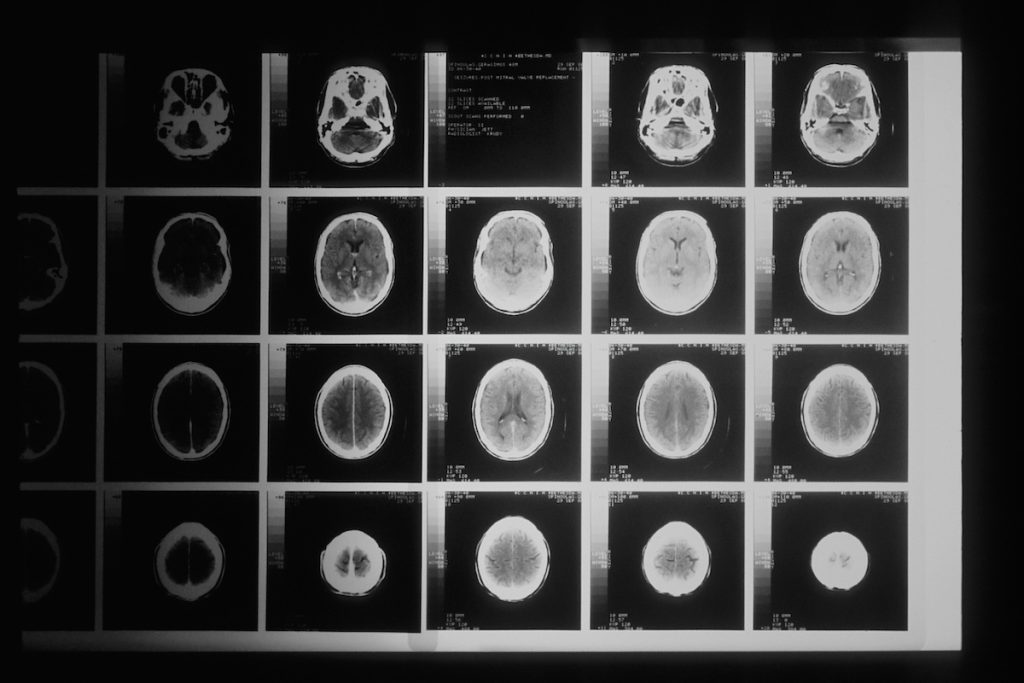Many things have been said about coffee. Numerous myths surrounding coffee have been debunked through scientific studies, but perhaps two stood out: coffee as an addictive drink and as negative for the heart. Both have been disproven. In fact, we are increasingly clear that coffee is beneficial for our health, and studies are being published pointing in that direction, such as its positive effects on kidneys or its numerous antioxidants.
These benefits may even lead someone to start drinking coffee despite hating its taste (the case of my colleague Javier), but a great mystery remains: how does it affect our brain? A new study has planted the seed to investigate how caffeine acts on our learning ability. The hypothesis is not very positive.
Caffeine and the Brain
We know our body very well, but the brain still holds some mysteries we must solve. And that’s without adding external agents which, in the case of coffee, clearly affect our capacity in one way or another. More and more studies are being conducted focused on unraveling the relationships between caffeine and cognition… with very interesting results.
For example, we know that coffee has a positive effect on athletes both at a metabolic level and in terms of physical and mental performance. However, a recent study has found a not-so-positive relationship between caffeine and quick, complex decision-making in a scenario as specific as a soccer match.
LTP and Brain Plasticity

As we pay more attention to this relationship between coffee and the brain, very interesting studies emerge. One of them is from the Neuromodulation Research Facility at Butler Hospital in the United States. A few months ago, they published a study called ‘Chronic caffeine consumption blunts rTMS-induced plasticity‘, which would translate to chronic caffeine consumption affecting the brain’s ability to learn and reconfigure itself.
As reported in Neuroscience News, the study focuses on the impact of coffee and tea stimulants on the brain’s synaptic plasticity processes, such as long-term potentiation (LTP). LTP is a crucial process in learning, as it comes into play to strengthen neural connections in the processes of acquiring new information, the involved brain adaptation or reconfiguration, and the retention of said information.
The Study Method and Results
The objective was to see how the brain, specifically LTP, responded in caffeine-consuming and non-consuming individuals. For this, they used Repetitive Transcranial Magnetic Stimulation (rTMS), a non-invasive technique used in the treatment of neurological disorders. It applies magnetic pulses through the skull to stimulate specific brain regions and thus regulate neuronal activity.
To carry out the research, participants received a single dose of 100 milligrams of d-cycloserine or a placebo capsule a week apart. Additionally, before the study, researchers collected information from the subjects, such as whether they drank alcohol and the amount of caffeine they habitually consumed.
Participants who did not consume caffeine (nor had the habit of doing so) showed stronger LTP indicators than habitual coffee and tea consumers. This implies that caffeine could be affecting the strength of neuronal synapses (therefore, their transmission of electrical impulses) and could put the formation of new memories at risk.
Not Conclusive
As happens so often with these types of studies, it should be taken with a grain of salt. The researchers at Butler Hospital have found an interesting trail of breadcrumbs and it could be the starting point for larger studies, but on this occasion, the research involved only 20 people. It’s a rather small sample to be able to assert something with certainty.
It’s also important to note that the effects observed in this study may not be valid if we transfer them to a broader population and to different contexts of caffeine consumption. For now, and as the authors themselves state, this is a hypothesis based on their observation with that small sample and it is necessary to “directly test the effects of caffeine in well-powered prospective studies”.


